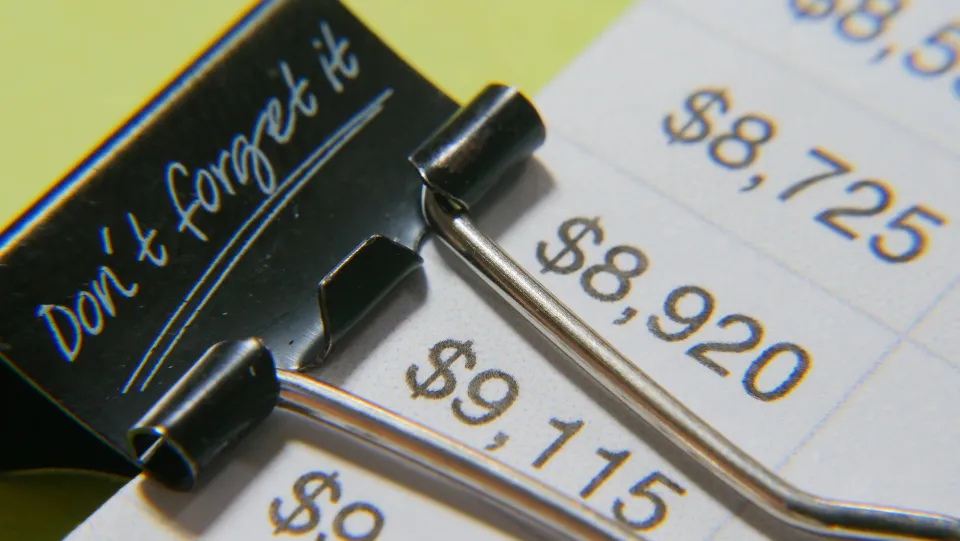You can’t seem to locate your car keys. You forgot to bring your shopping list? Having trouble recalling the name of your favorite gym personal trainer? You’re not the only one. Each person occasionally forgets something. But it’s important to take memory loss seriously.
There are many things you can do to strengthen your memory and reduce forgetfulness, from setting reminders and solving puzzles to creating keepsakes and getting enough sleep.
To find out the answers, continue reading.
Why Do You Become Forgetful?
- Depression. Suffocating sadness, a lack of motivation, and diminished enjoyment of activities that you usually find enjoyable are common indicators of depression. Another symptom of depression is forgetfulness, which can be a result of depression.
- Underactive thyroid. In addition to disrupting sleep and causing depression, which can both be reasons for forgetfulness, a failing thyroid can also have an impact on memory. Your thyroid’s function can be determined by a quick blood test.
- Lack of sleep. The biggest under-appreciated cause of forgetfulness is probably not getting enough sleep. Anxiety and mood swings brought on by insufficient sleep can also cause memory issues.
- Stress and anxiety. Memory issues can result from anything that makes it more difficult to focus and retain new knowledge and skills. It’s satisfied by stress and anxiety. Both can interfere with attention and block the formation of new memories or the retrieval of old ones.
- Alcohol factors. Even after the effects of alcohol have worn off, excessive alcohol consumption can cause problems with short-term memory. Although “too much” varies from person to person, it’s best to stick with the recommendation of no more than two drinks per day for men and no more than one a day for women. 5 ounces of wine, 12 ounces of beer, or 1.5 ounces (1 shot glass) of 80-proof spirits are considered to be one drink.
- adverse effects of medication. Antidepressants, tranquilizers, some blood pressure medications, and other medications can have an impact on memory, typically by sedating or confusing the user. Being attentive to new things can be challenging as a result. If you think a new drug may be impairing your memory, consult your doctor or pharmacist. Alternatives are frequently offered, as the table below demonstrates.

How to Be Less Forgetful?
Organizing Your Time and Activities
Keep a daily to-do list. Maintain a small notepad where you can list upcoming tasks. If you are in the middle of something important and get interrupted, writing down what you need to do later will help you remember.
For scheduling purposes, use a calendar. the aforementioned, the aforementioned, and the aforementioned, the aforementioned, the aforementioned, and the aforementioned. You can prevent forgetting deadlines and appointments by using a calendar.
Send yourself alerts or reminders. There are many strategies to help you remember things if you have regular obligations, like taking your medications or getting up at a certain time.
An Organized Life
If your home is cluttered or your notes are disorganized, you’re more likely to forget things. Use a notebook, calendar, or electronic planner to keep track of tasks, appointments, and other events. Even better, to help you remember each entry, repeat it aloud as you write it. Updating to-do lists is a good idea. Check off items you’ve finished. Keep your wallet, keys, glasses, and other necessary items in a predetermined location in your home where they are simple to find.
Limit distractions. Don’t do too many things at once. You’re more likely to remember the information later if you concentrate on it while trying to remember it. Connecting what you’re trying to remember to a favorite song, a well-known proverb, or another concept may also be helpful.
Caring for Your Mind
Make time to relax. Avoid filling your day with so many meetings, events, or chores that you have no “downtime.” Your mind shouldn’t constantly feel like it’s working in overdrive because being busy is not a competition. To avoid being overworked and stressed out, schedule some time for yourself.
Play games or engage in hobbies that promote focus and mental fortitude to keep your brain in shape. You can maintain good health and lower your stress while exercising the entire body.
Holding on to Memories Regularly
Share your happy memories with others to keep them fresh. If you are worried that you will forget important past experiences, regularly discuss them with your friends and family. You can improve your relationships in the present by thinking back on the past.
In a journal or notebook, record significant events that happened. Write down your thoughts at the time of the event to capture the present moment as it develops. Personal diaries can help to keep memories alive. You can look back at your writings years later and be able to recall how you felt in that moment.

When to Get Help for Memory Forgetful?
Make an appointment with your doctor if you’re concerned about memory loss. It’s especially critical to seek assistance if memory loss interferes with your ability to carry out daily tasks, if you notice your memory deteriorating, if a family member or friend is worried about your memory loss, or if you notice memory problems yourself.
At your appointment, your doctor will likely perform a physical examination and test your memory and problem-solving abilities. Occasionally, additional tests might be required. The course of treatment will depend on the underlying cause of memory loss.
Summary
Memory loss is a common problem as we get older. All you need to do is maintain a clear mind, make lists for important items, train your brain to remember things, and of course, talking to your friends is also a good way. In short, try the above approaches you will get good results.



